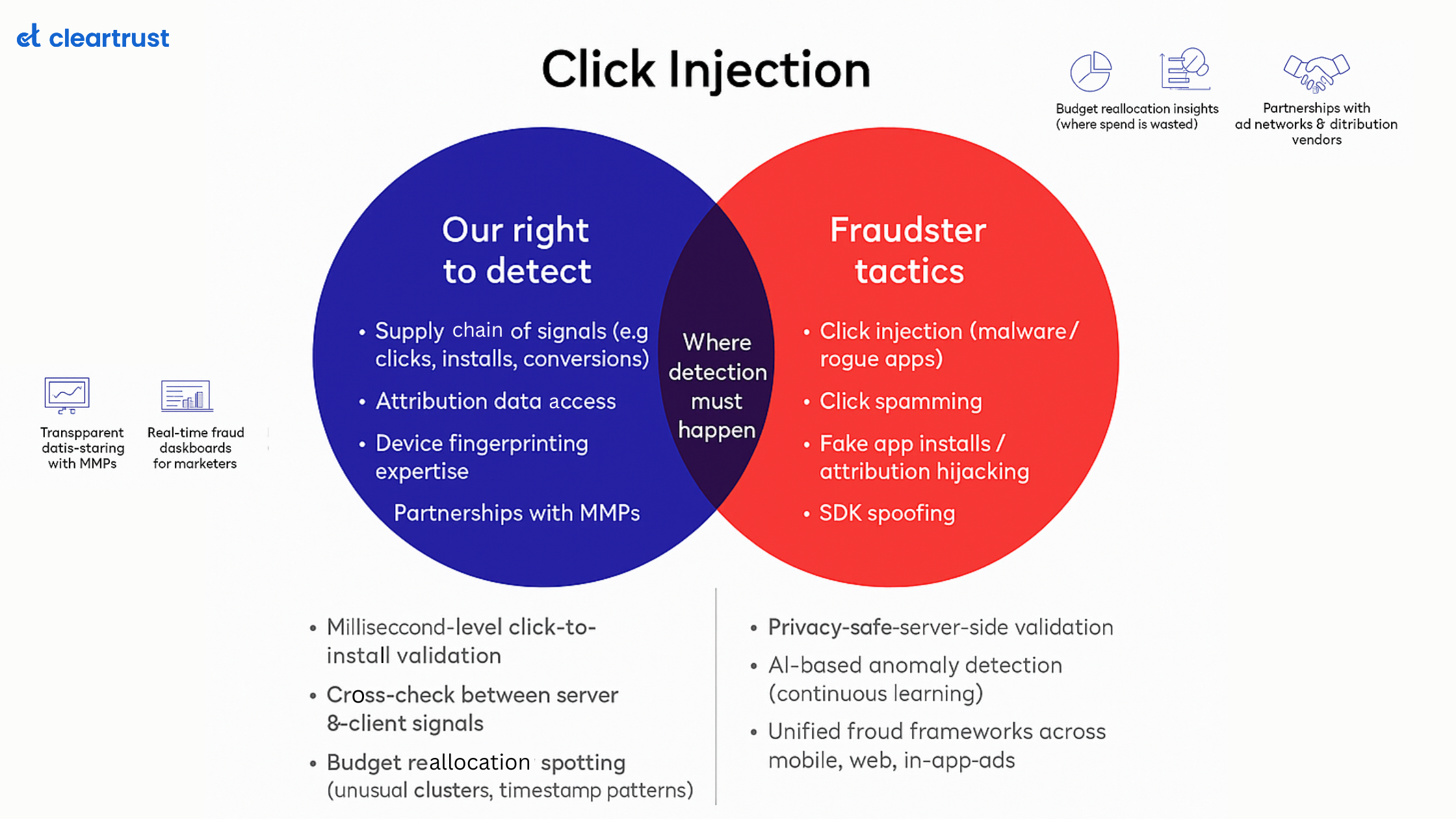Search Engine Optimization (SEO) has emerged as a major factor in determining the success score of online businesses. In the labyrinth of digital advertising, where revenue generation meets audience engagement, ad monetization reigns supreme. At the heart of this lucrative game lies a crucial player often overlooked: SEO. For programmatic publishers seeking to unravel the profound ties between these domains, understanding the symbiotic relationship between SEO and ad monetization is paramount.
Ad Monetization, the lifeline of online publishers, determines revenue streams derived from advertisements. Simultaneously, SEO, the art of optimizing digital content, holds the power to propel a publisher's visibility across search engines, impacting traffic and, consequently, ad monetization strategies.
According to research, the appropriate density of ads on mobile as a percentage of the vertical height of the page is 30%. Similarly, multiple other SEO-related factors not only impact the SEO score but also ad monetization on the publisher’s end.
How does ad quality impact SEO score for publishers?
- User Experience and Engagement: Ad quality directly affects user experience. Well-crafted, non-intrusive ads improve engagement metrics like bounce rates, session duration, and pages per session, positively influencing SEO rankings.
- Page Load Speed and Performance: Ads heavily impact page load times. Slow-loading or poorly optimized ads can significantly hamper site performance, leading to higher bounce rates and potentially lower SEO rankings.
- Mobile Responsiveness: In the mobile-first era, mobile-friendly ads play a pivotal role in enhancing user experience. Responsive ad formats ensure seamless integration on mobile devices, contributing positively to SEO rankings.
- Ad Placement and Intrusiveness: Properly placed ads that do not disrupt user flow or content consumption positively impact SEO. Non-intrusive ad formats maintain a seamless user experience, reducing bounce rates and enhancing SEO metrics.
- Transparency and Trustworthiness: Ad transparency, including clear labelling and trustworthy ad sources, fosters user trust. Trustworthy ads contribute to a positive user experience, reducing bounce rates and indirectly influencing SEO rankings.
- Ad Relevance to Content: Ads that align with the content and intent of the page contribute positively to user experience. Well-matched ads complement the content, potentially increasing user engagement and time spent on the site, which can boost SEO rankings.
- Ad Blocking and User Behaviour: Intrusive or irrelevant ads can lead users to employ ad-blocking tools, negatively impacting both ad monetization and SEO. These tools can hinder tracking metrics, affecting SEO analytics and site performance.
How does SEO score impact ad monetization for publishers?

In the intricate ecosystem of digital publishing, the interplay between SEO and ad monetization is undeniable. For programmatic publishers, a nuanced understanding of how SEO influences ad quality and subsequently impacts revenue streams is a game-changer. Elevating SEO practices not only enhances visibility but also amplifies ad relevance and revenue potential, ultimately transforming the financial landscape for publishers in the realm of ad monetization.







